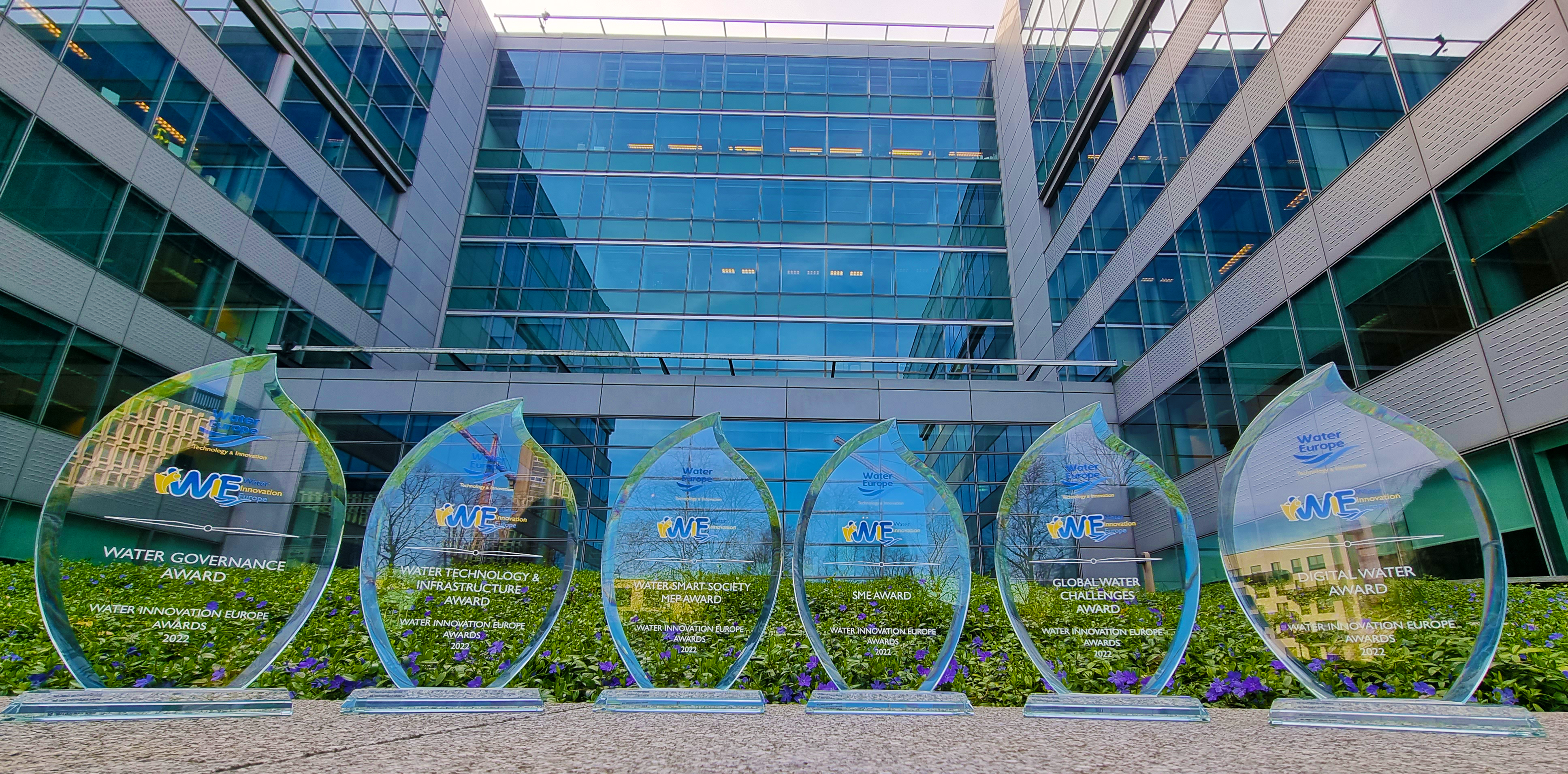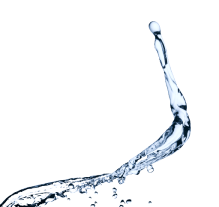The UN Water Conference 2023 just finished. How do you evaluate EU’s stance at the conference and the commitments made? How do those connect with industry?
We are not in want of evidence that the climate is changing, faster than we thought and with more frequent and severe extreme weather events. The March 2023 report from the European Drought Observatory suggests there is good likelihood this upcoming summer will be a repetition of the very dry and difficult summer of 2022.
With most global freshwater resources crossing borders, their sustainable and effective management is an issue of global importance. The UN 2023 Water Conference aimed to highlight the urgent need to put water at the top of the political agenda, holistically putting the need to restore the water cycle at the centre.
In the run-up to that conference, the Commission and the Member States worked hard to increase the level of ambition and enrich the debate with topics that are essential to tackle in the future, like water security and fairness in the face of climate change.
In many ways, the priorities emerging from the Conference are the priorities the EU had envisaged: accelerating implementation of SDG 6, better linking water with the food, energy and climate agenda, an emphasis on better, resilient infrastructure for waste water treatment, increasing efficiency across all water uses and the call for binding transboundary water management through the UN ECE Water Convention.
We welcome that the European Council Conclusions of last 23rd March specifically stress the need for a strategic EU approach to water security, paving the way for needed further action under the present and the next College mandate.
We need to secure that economic sectors that are heavy water users (such as agriculture, industry including major digital actors, energy, transport) better internalise water efficiency and water protection in the ways they operate. A water efficiency first principle, mirroring the efficiency first principle for energy, should increasingly guide business decisions and investments. Water should be recognised as a key part of business sustainability.
With the proposal for Net-Zero Industry Act just tabled, how do you foresee the role of water?
The Green Deal Industrial Plan establishes enabling conditions to scale up the EU’s manufacturing capacity for the net-zero technologies required to meet Europe’s ambitious climate targets. Water plays a key role as an input resource to so many processes. A changing climate is also affecting water resources, necessitating responsible water abstraction, use, re-use, efficiency and minimising the emissions of pollutants.
The proposal for a Net Zero Industry Act simplifies the regulatory framework for mainly energy technologies that are key to meet the Union’s climate neutrality goals. Simplification will be achieved by better coordinated and faster environmental assessment and authorisation procedures, while not lowering the level of environmental protection. Indeed, the targeted facilities should be fully compliant with requirements stemming from Union legislation, such as those related to environmental impact assessments and emissions to air, water and soil, and seek to ensure high energy and water efficiency.
Along the same lines, the proposed Critical Raw Materials Act also aims to streamline national permit procedures while ensuring that projects comply with relevant EU legislation, including the Water Framework Directive.
The Communication on the establishment of the European Hydrogen Bank is particularly relevant given the considerable use of water for the production of green hydrogen. Hence there is a need to frame the production of this necessary energy source within integrated water management.
Finally, let me bring the attention to the recent proposal for a Directive to substantiate green claims to prevent false environmental claims thereby reducing green washing and securing that buyers receive reliable, information to enable them to make more sustainable decisions.
The Industrial Emissions Directive is under revision and the European Commission has proposed a progressive revision of the IED to consider more water efficiency and reduction of emissions into water. What are the expectations of the European Commission related to this dossier?
Indeed, a big objective of this revision is to enhance the protection of water. It clarifies and modernises rules on allowed emissions in permits and enhances resource efficiency.
The proposal has also a strong focus on innovation and industrial transformation by fostering the creation of a new Innovation Centre on Industrial Transformation and Emissions (INCITE). Frontrunners will benefit from new permitting flexibilities to test and deploy more environmentally effective emerging techniques.
Whilst regretting the lowered ambition in the scope of livestock activities covered, we overall welcome that the Environment Council of last March 16th has largely endorsed the thrust of the Commission proposal, in particular its innovation aspects and the use of benchmarks in resource use, reuse and efficiency for water too.
The members of the European Parliament seem very aware of the need to address water scarcity overall, and the need for industrial operators and Member States’ authorities to react in an agile, collaborative and rapid manner to emergency situations such as those experienced last year in the River Oder incident.
We hope to witness encouraging trilogue negotiations soon, which would help significantly reduce water consumption across the EU’s largest industrial processes.



